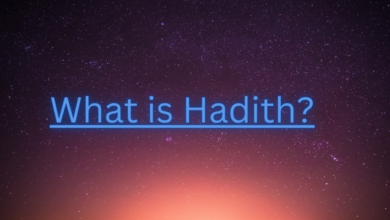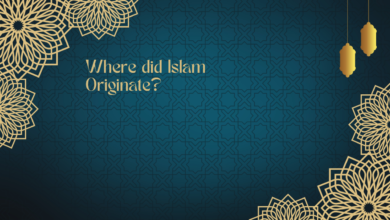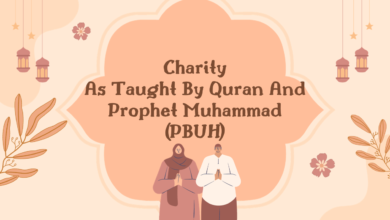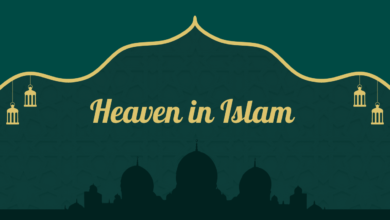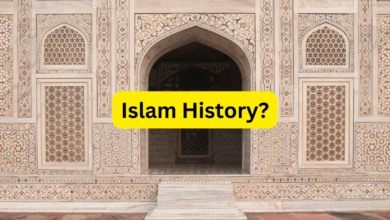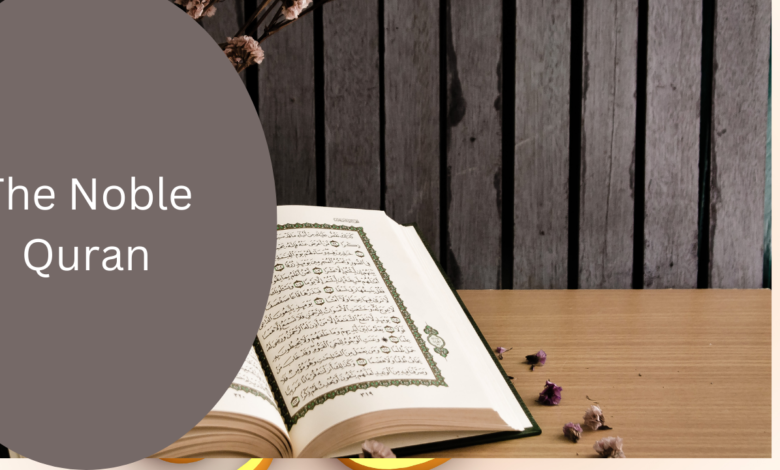
The Noble Quran
The Quran, also spelled as Qur’an, is the holy scripture of Islam. It is believed by Muslims to be the literal word of God as revealed to the Prophet Muhammad (peace be upon him) over a period of 23 years.

Introduction
The Noble Quran, often simply referred to as the Quran, is the holy scripture of Islam. It is considered by Muslims to be the literal word of God, as revealed to the Prophet Muhammad (peace be upon him) over a period of approximately 23 years. The Quran serves as a comprehensive guide for Muslims in matters of faith, practice, morality, and social conduct. It is a source of spiritual nourishment, ethical principles, and timeless wisdom. In this article, we will delve into the significance of the Noble Quran and explore its key themes, structure, and impact on the lives of millions of believers worldwide.
Revelation of the Quran
The Quran is believed to have been revealed to the Prophet Muhammad by the Angel Gabriel in the 7th century CE. The revelations began in the cave of Hira, near Mecca, and continued until the Prophet’s death in 632 CE. Muslims believe that the Quran is the final and complete revelation from God, following earlier scriptures such as the Torah and the Bible.
The Quranic Text
The Quran is written in Arabic and is divided into 114 chapters, known as Surahs, which vary in length. Each Surah is further divided into verses, called Ayat, totaling over 6,000 in the entire Quran. The Quranic text is known for its eloquence, literary beauty, and unique style, which is considered a linguistic miracle. It covers a wide range of topics, including theology, morality, law, guidance for personal conduct, and stories of past prophets and communities.
Also check.
- Who Wrote the Quran?
- Who is the God of Islam?
- Why Taking Bribe is Haram in Islam?
- What is Hadith?
- What did Prophet Muhammad say about Jesus Christ?
Key Themes
- Monotheism: The central theme of the Quran is the absolute monotheism of God (Allah in Arabic). It emphasizes that there is only one God, the Creator of the universe, and that all worship and devotion should be directed solely to Him.
- Guidance: The Quran provides guidance on how to live a righteous and virtuous life. It offers moral and ethical principles that serve as a blueprint for individual and collective behavior.
- Justice and Compassion: The Quran calls for justice, equality, and compassion in society. It champions the cause of the oppressed and vulnerable, and it encourages Muslims to stand up for justice and fairness.
- Accountability: It teaches the concept of accountability in the Hereafter, where individuals will be judged based on their deeds. This belief in the Day of Judgment serves as a powerful motivator for ethical behavior.
- Spiritual Development: The Quran encourages self-reflection, prayer, and the remembrance of God as means to attain spiritual growth and closeness to the Divine.
Impact on Muslim Lives
The Noble Quran plays a central role in the lives of Muslims around the world. Here are some ways in which it influences them:
- Worship: Muslims recite and memorize portions of the Quran daily as a form of worship. The recitation of Quranic verses is an integral part of the five daily prayers.
- Guidance: The Quran serves as a guide for Muslims in making moral, ethical, and legal decisions. It provides answers to questions about how to live a righteous life and navigate contemporary challenges.
- Community: The Quran fosters a sense of community among Muslims as it is a shared scripture that unites them in faith and practice.
- Education: Islamic education often centers around the Quran, with many Muslims attending Quranic schools to learn to read and understand the text.
- Interpretation: Interpretation and commentary on the Quran, known as Tafsir, is a scholarly tradition that has produced a wealth of literature to help Muslims understand the text’s deeper meanings and contexts.
Conclusion
The Noble Quran is a source of guidance, inspiration, and spiritual nourishment for over a billion Muslims worldwide. Its profound teachings continue to shape the lives of believers and influence their moral and ethical choices. As a work of unparalleled linguistic beauty and depth, the Quran remains a timeless testament to the faith and devotion of millions who strive to live by its teachings, seeking to find meaning, purpose, and connection with the Divine in their lives.
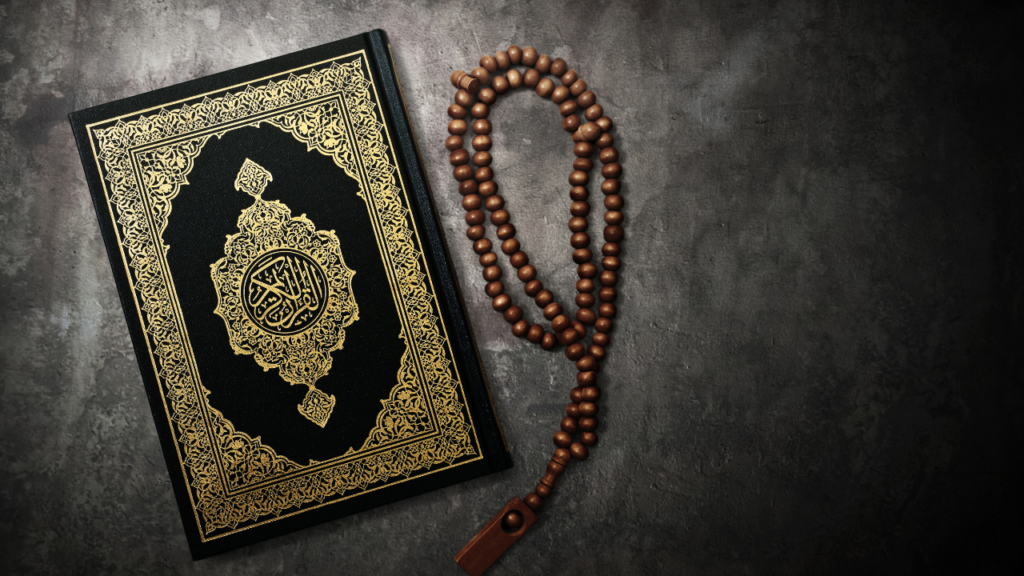
FAQs
What is the Quran?
The Quran, also spelled as Qur’an, is the holy scripture of Islam. It is believed by Muslims to be the literal word of God as revealed to the Prophet Muhammad (peace be upon him) over a period of 23 years.
How is the Quran structured?
The Quran is divided into 114 chapters, called Surahs, which vary in length. Each Surah is further divided into verses, known as Ayat, totaling over 6,000 in the entire Quran.
What are the main themes of the Quran?
The Quran addresses themes such as monotheism, guidance for moral and ethical living, justice, compassion, accountability in the Hereafter, and spiritual development.
Why is the Quran considered a linguistic miracle?
The Quran is known for its unparalleled eloquence, literary beauty, and unique style in the Arabic language. Many consider it a linguistic miracle due to its captivating prose and poetic verses.
How do Muslims use the Quran in their daily lives?
Muslims recite and memorize verses from the Quran as part of their daily worship and prayers. They also turn to the Quran for guidance on various aspects of life, including moral and ethical dilemmas.
What role does interpretation (Tafsir) play in understanding the Quran?
Interpretation and commentary on the Quran, known as Tafsir, are scholarly traditions that help Muslims understand the deeper meanings and contexts of Quranic verses. Tafsir texts provide valuable insights into the Quran’s teachings.
Is the Quran available in languages other than Arabic?
Yes, the Quran has been translated into numerous languages to make it accessible to non-Arabic speakers. However, translations are considered interpretations, and the original Arabic text is considered the most authentic.
What is the significance of the Quran in Islamic education?
Islamic education often centers around the Quran, with many Muslims attending Quranic schools (Madrasahs) to learn to read, recite, and understand the text. It is a fundamental part of Islamic learning.
What is the importance of the Quranic concept of the Day of Judgment?
The belief in the Day of Judgment, as taught in the Quran, serves as a powerful motivator for ethical behavior. It emphasizes that individuals will be held accountable for their actions in the Hereafter.
How has the Quran influenced the lives of Muslims throughout history?
The Quran has played a central role in shaping the lives, ethics, and spirituality of Muslims for over 1,400 years. It continues to guide them in their faith, practice, and interactions with the world.
